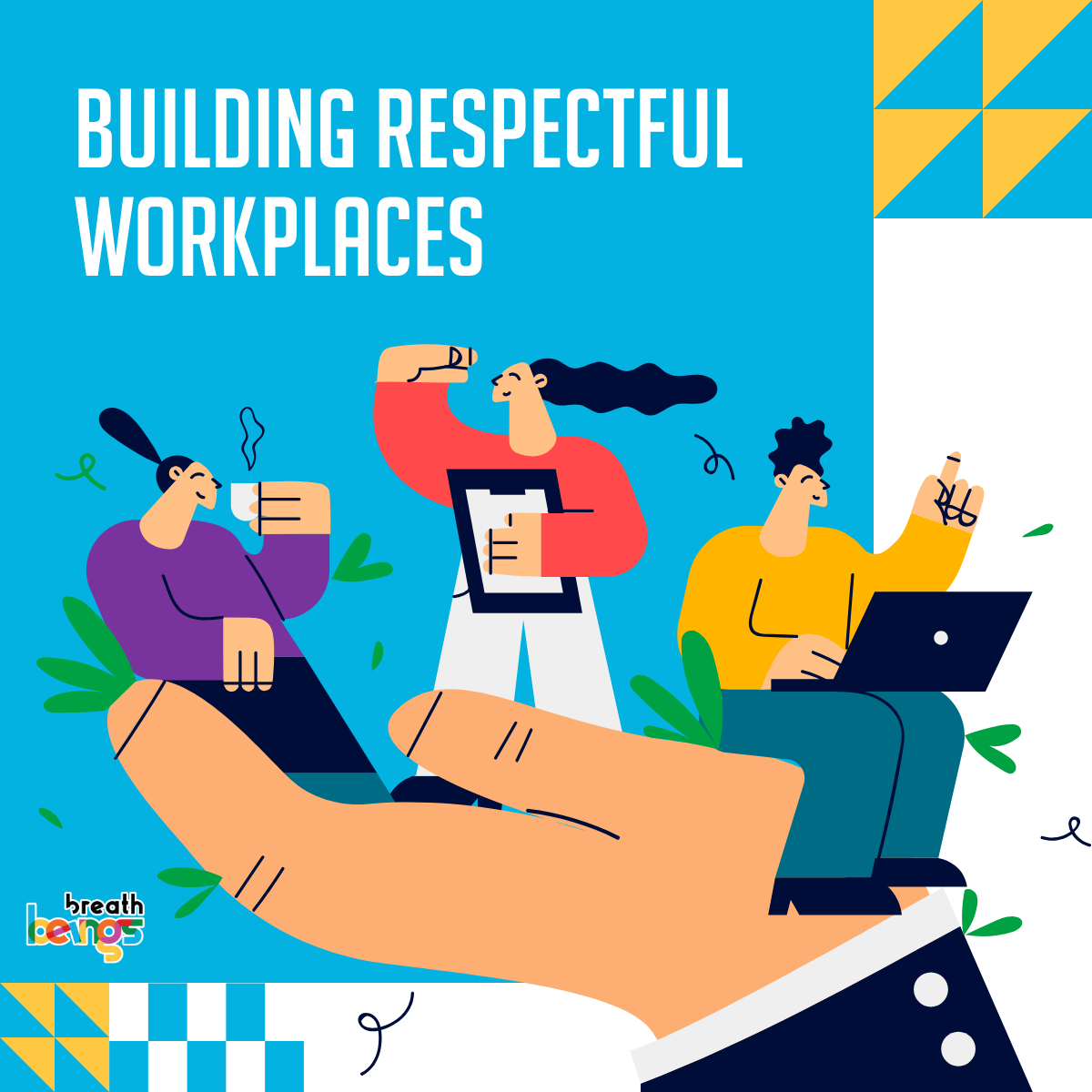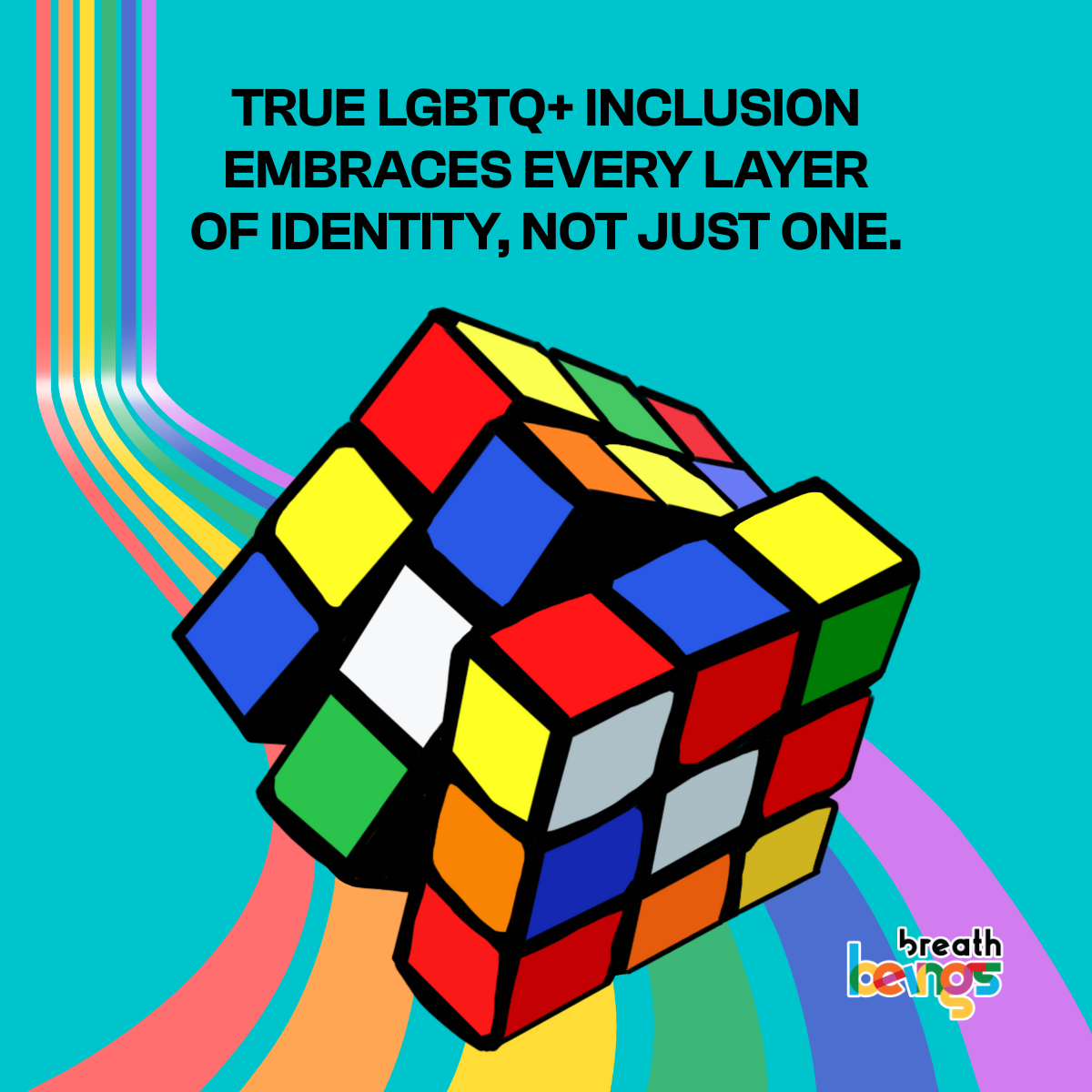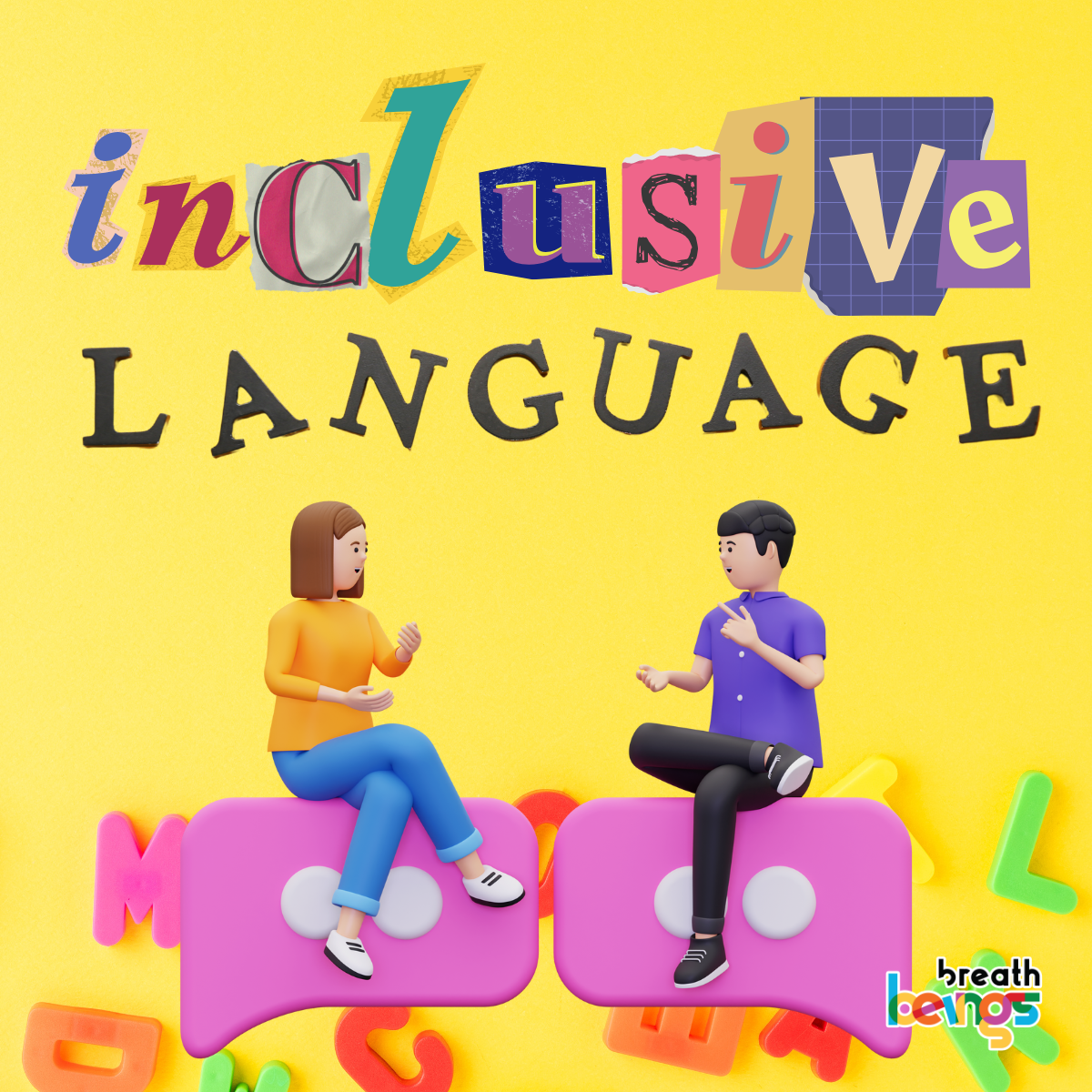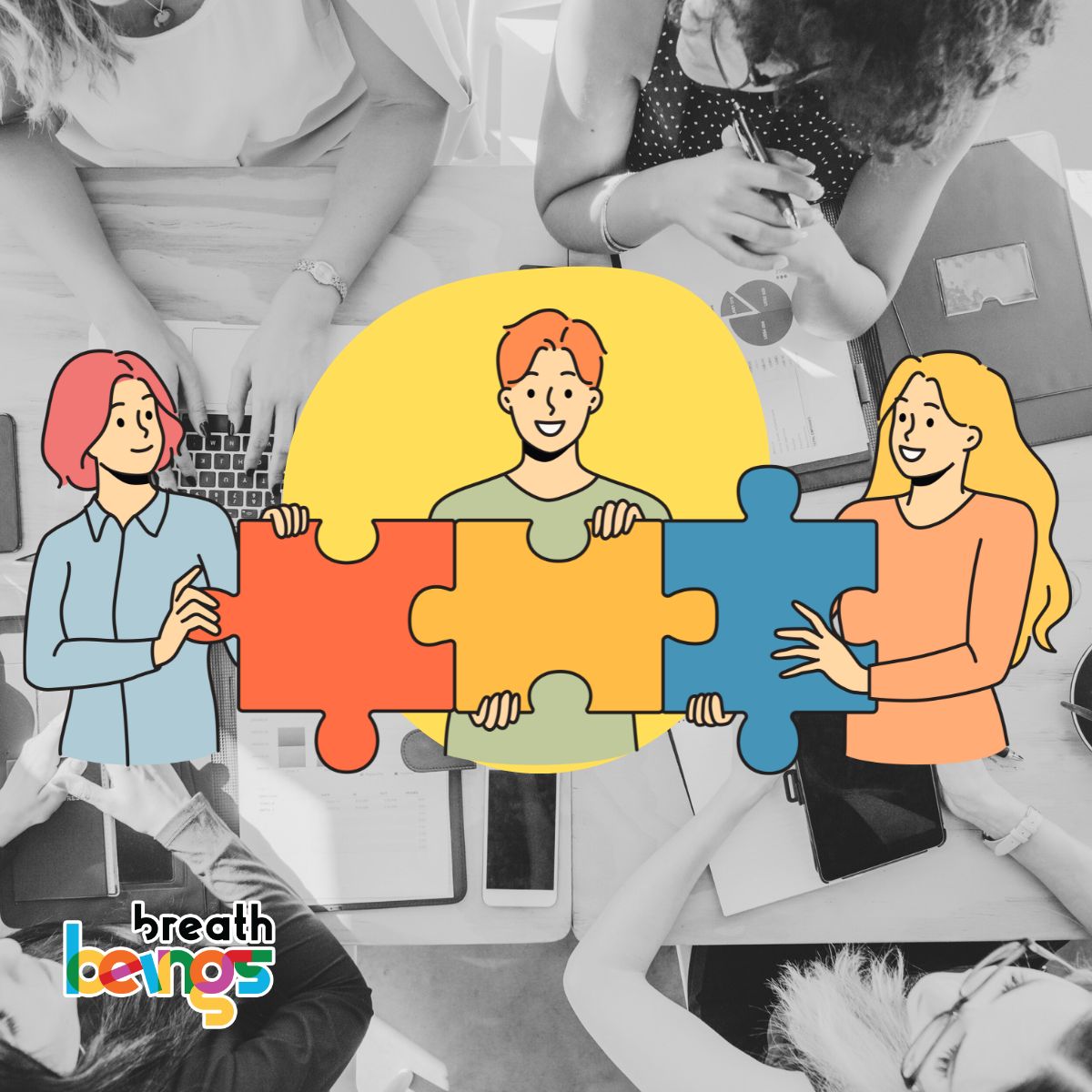Every workplace aspires to be a space where people feel safe, respected, and empowered to do their best work. And yet, for many employees across India, that vision is far from reality. Harassment at work continues to show up in various forms: an inappropriate joke that goes unchallenged, exclusion from key decisions, persistent discomfort that no one seems to notice.
A harassment-free workplace isn’t just a checkbox for legal compliance. It’s a culture we build every day, with every conversation, every policy upheld, and every person held accountable. And now more than ever, organizations must shift from performative measures to sustained, visible action.
The Real Picture: What the Number Tells Us
In recent years, a growing body of data has brought clarity to what many employees already know from lived experience. According to The Udaiti Foundation’s 2023–24 report, NSE-listed companies in India reported 2,325 cases of workplace sexual harassment, a 29% increase from the previous year. Perhaps more tellingly, pending complaints rose by 67%, with 435 cases left unresolved by year-end.
That’s not just a statistical concern, it’s a trust issue.
Deloitte’s Women @ Work 2024 report highlights that 43% of women in India have experienced harassment or non-inclusive behavior at work. And nearly half worry about their safety, not only at work, but on their way to it.
But here’s the other side of the story, rising reports reflect rising courage. More people are choosing to speak up. More people believe that being heard is possible.
A Day in the Life: Why This Isn’t Just About Statistics
Let’s move beyond numbers for a moment.
Anika, a mid-level team lead in Bengaluru’s booming services sector, found herself constantly navigating exclusion, group chats she wasn’t added to, meetings where her ideas were ignored until a male colleague echoed them, offhand jokes that made her feel othered. For months, she wondered whether it was ‘worth it’ to call out inappropriate jokes or exclusionary behavior. It was only after her company revamped its reporting process and held open conversations about dignity at work that she felt safe to speak up.
Her courage led to more than a quiet investigation. It sparked a new training program and the creation of a peer-support group, which in turn changed the culture for new employees. Today, Anika describes her team as more open, and junior colleagues have shared that it’s finally a place they can bring their whole selves to work.
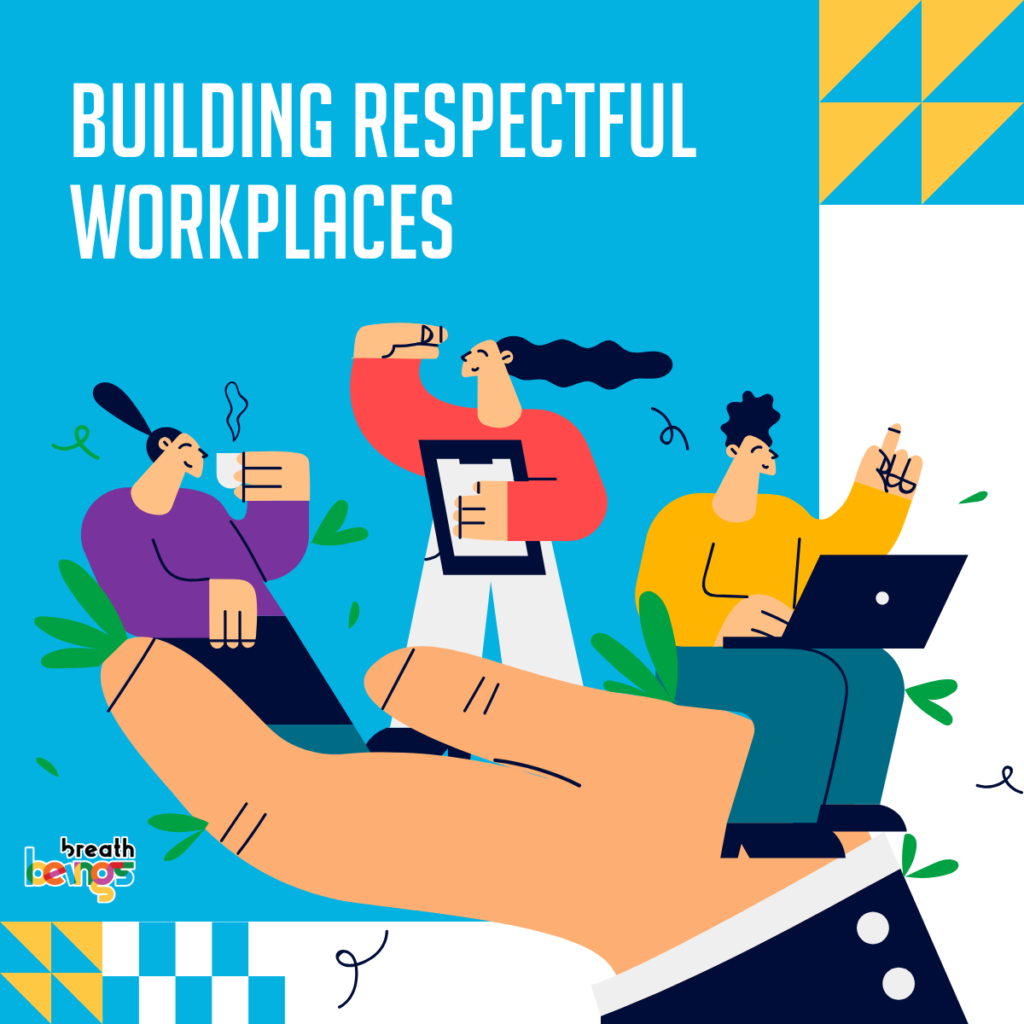
Building Respectful Places: How Action Actually Looks Like
If we’re serious about creating lasting change, we need to move beyond one-off trainings and gestures. A respectful workplace isn’t built through policies alone, it’s built through everyday behaviors that reflect care, accountability, and courage.
Here’s what action looks like when done right:
1. Go Beyond Policy: Make Respect Visible
Respect shouldn’t be hidden in legal documents or PDFs. It should be visible in everyday decisions and systems. That starts with keeping anti-harassment policies simple, clear, and accessible. It also means communicating rights, processes, and points of contact through multiple touchpoints, notice boards, onboarding handbooks, team huddles. People should know what their options are and where to go if something feels off. When we treat respect as something we practice, not just something we say, it starts to stick.
2. Make Training a Cultural Practice: Not a Checkbox
Too often, training feels like a tick-box activity. One session. One hour. One certificate. But meaningful learning takes more than that. Training needs to be rooted in real workplace stories, especially ones that reflect the Indian context. It should invite participation, raise questions, and be tailored to the realities employees actually face. And it’s not a one-time event. Revisit these conversations regularly. Make them part of town halls, manager check-ins, and team offsites, not just onboarding or audit season. Culture shifts when training becomes a rhythm, not a rule.
3. Offer Safe and Confidential Reporting Pathways
People don’t report misconduct because they’re afraid of judgment, retaliation, or being ignored. So the system has to feel safe, private, and reliable. Offer multiple ways to report, a trusted email ID, an anonymous online form, a helpline, or a dedicated HR contact. Let people choose what feels safest for them. Once a report is made, keep communication open. Update complainants on the progress. Let them know their voice hasn’t gone into a void. The more transparent the process, the more people will trust it.
4. Investigate with Impartiality, Support with Care
Handling complaints isn’t just about policy. It’s about people. Investigations need to be fair, sensitive, and grounded in neutrality. Avoid assumptions. Treat all parties with respect. And remember that the emotional toll of the process is real, providing access to mental health support, especially in long-drawn cases. A respectful workplace isn’t just one that resolves complaints, it’s one that holds space for dignity at every step of the journey.
5. Make Culture Change an Everyday Responsibility
Culture doesn’t shift through posters or campaigns. It shifts when people interrupt a sexist joke. When someone notices who’s being left out. When bystanders become upstanders. Make it everyone’s responsibility to speak up, not just HR’s or the IC’s. Encourage teams to notice subtle behaviors: repeated interruptions, eye-rolling, exclusion, bullying masked as “banter.” And celebrate what’s working too. Share stories of teams that created safety. Recognize managers who modeled allyship. Normalize transparency and dialogue.
Real change is slow, but it builds momentum when it’s shared.
Turning Reports Into Stories of Change
Under India’s POSH Act, 2013, every company with 10 or more employees is legally required to form an Internal Committee. Yet as of July 2025, the Ministry of Corporate Affairs found widespread non-compliance. Penalties are now being enforced. But will fines and fear fix culture?
Laws can compel action. But only culture can sustain it.
Every report filed isn’t just a complaint; it’s a signal. That someone still believes in the possibility of fairness. That someone is choosing courage, even when it’s hard.
Let’s move from fear to freedom. From silence to solidarity. From compliance to culture.
